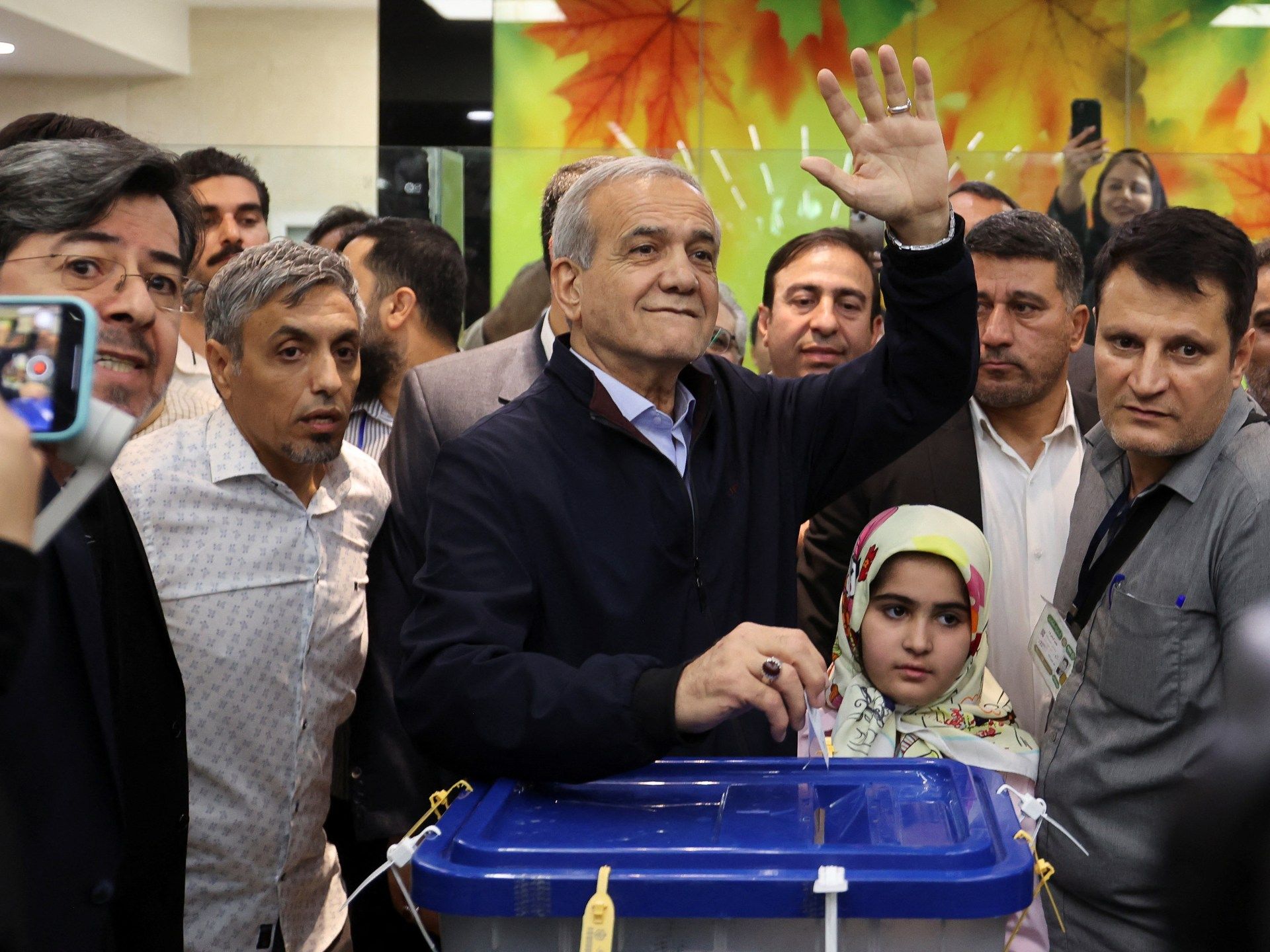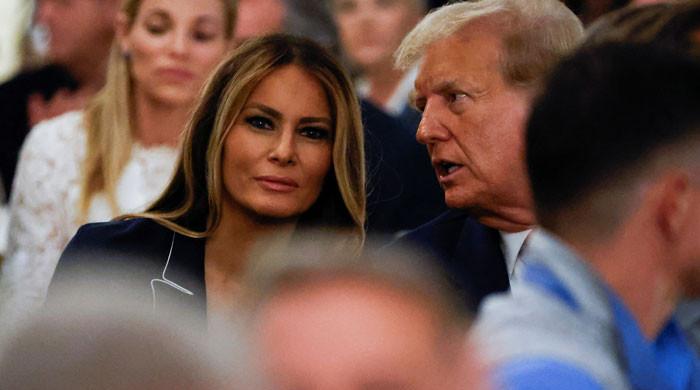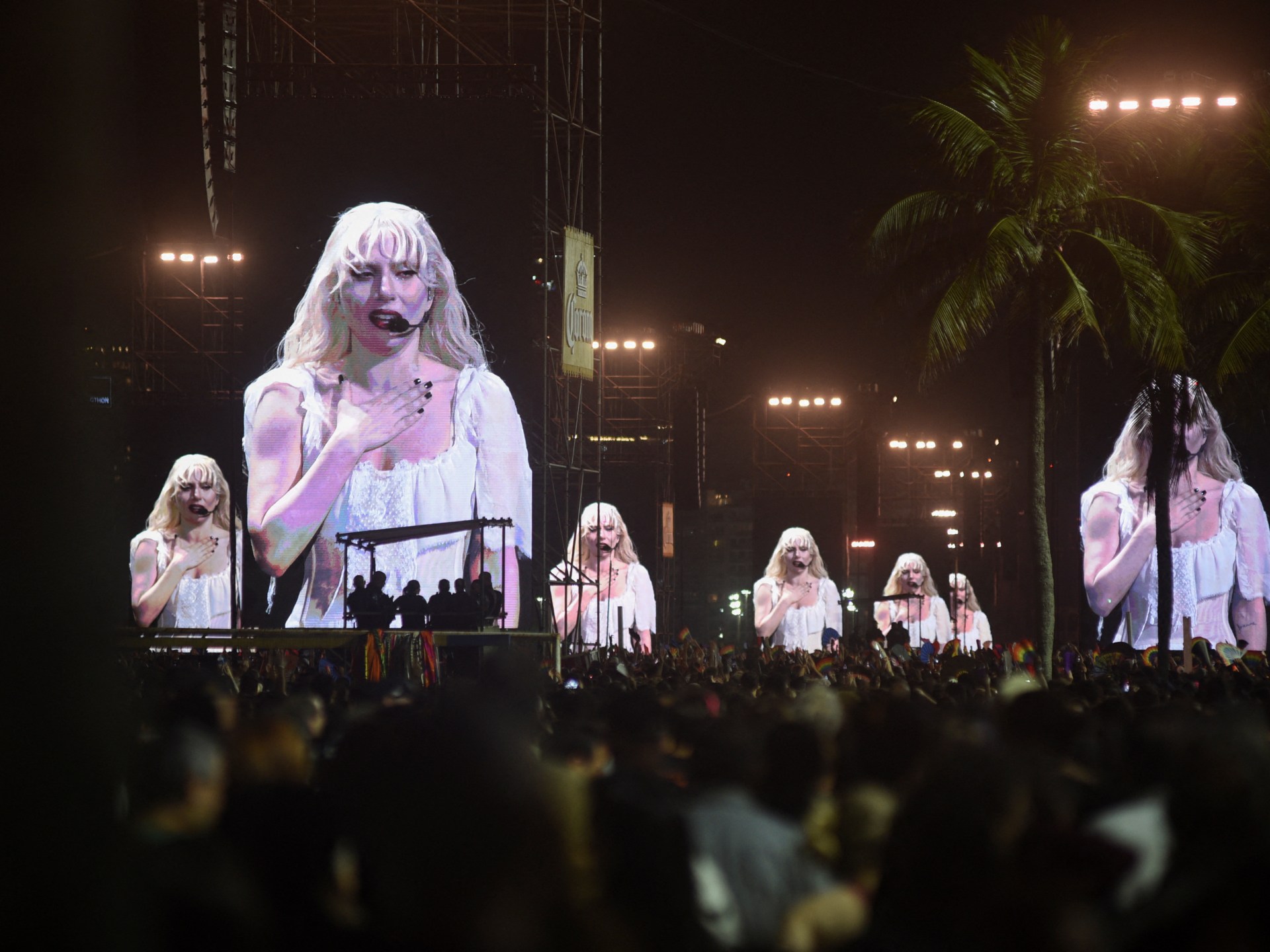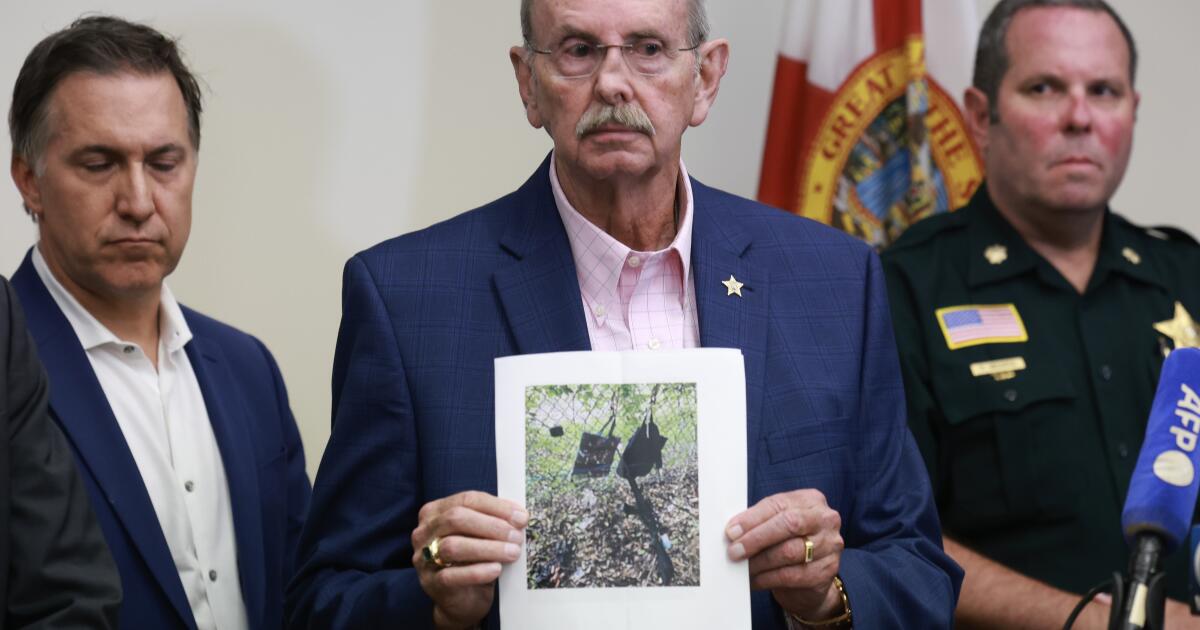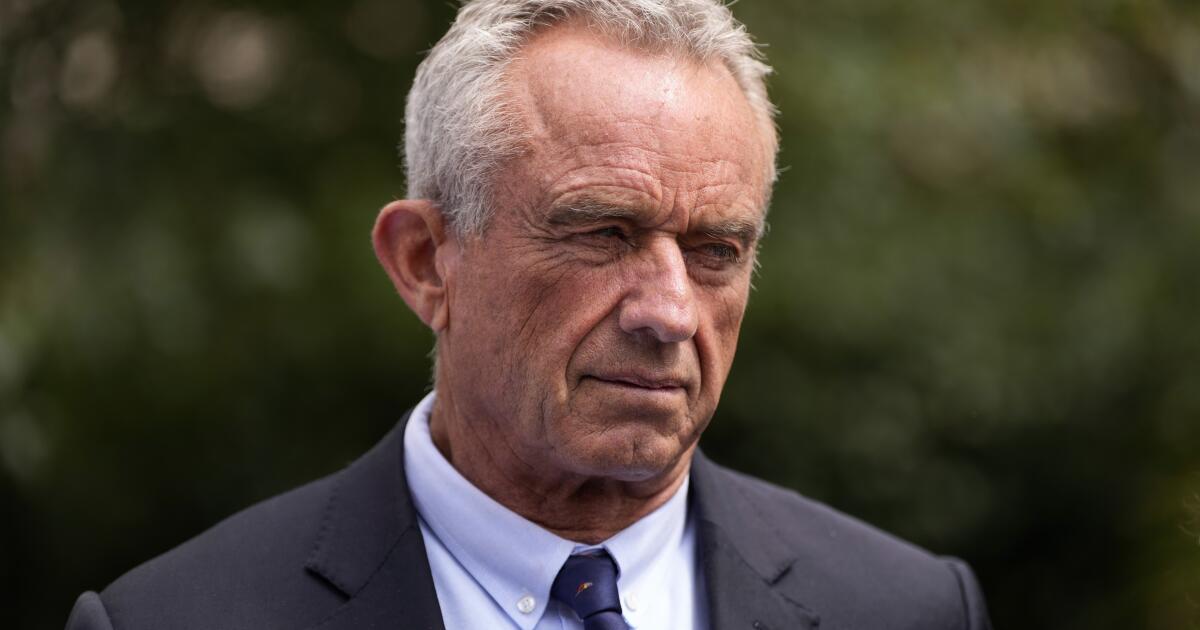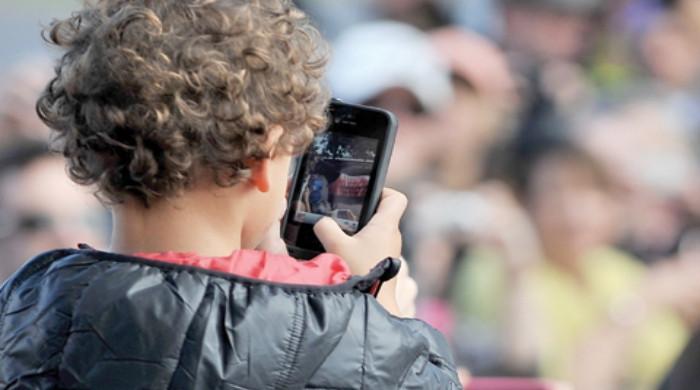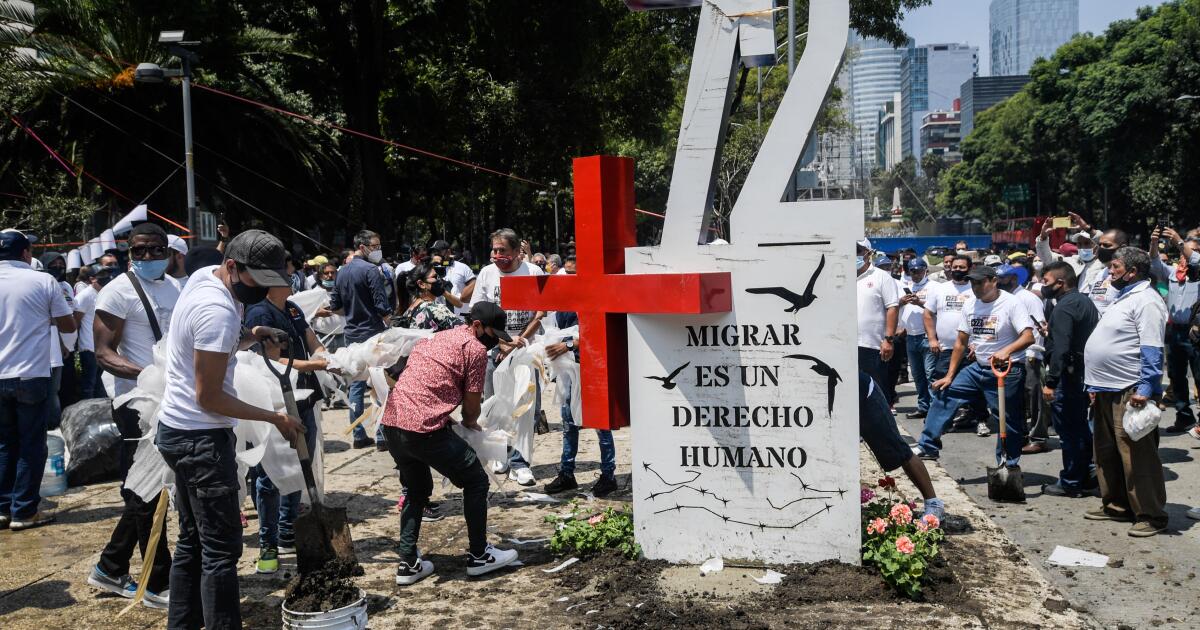Masoud Pezeshkian could benefit if turnout is higher during the second round scheduled for next Friday.
Tehran, Iran – Iran's snap presidential election looks headed for a runoff next week after reformist Masoud Pezeshkian and hardline leader Saeed Jalili emerged as winners but failed to secure a majority.
The latest figures from the Interior Ministry's election headquarters released on Saturday morning showed moderate Pezeshkian ahead with 8.3 million votes out of a total of just over 19 million ballots counted, followed by former negotiator nuclear Jalili with more than 7.1 million votes.
Conservative Parliament Speaker Mohammad Bagher Ghalibaf, with 2.6 million votes, and conservative Islamic leader Mostafa Pourmohammadi, with 158,314 votes, are out of the race. Two other candidates, Tehran Mayor Alireza Zakani and government official Amir-Hossein Ghazizadeh Hashemi, dropped out of the race.
The snap election comes within the constitutionally mandated 50-day period for choosing a new president after Ebrahim Raisi and seven others, including Foreign Minister Hossein Amirabdollahian, were killed in a helicopter crash on May 19.
As in all major elections over the past four years, Friday's vote saw a low turnout. The Interior Ministry has not yet announced official turnout figures.
The lowest presidential turnout in the Islamic republic's more than four-decade history was the one that brought Raisi to power, at 48.8 percent. At 41 percent, the parliamentary elections in March and May had the lowest turnout of any major election since Iran's 1979 revolution.
Voter apathy comes at a time when many are disillusioned following the deadly nationwide protests in 2022 and 2023, and as the economy continues to grapple with myriad challenges, including inflation of more than 40 percent due to poor management and sanctions of the United States.
A higher turnout seems likely if Iranians vote in the July 5 runoff, which is expected as it would present a clearer choice between two opposing camps.
Pezeshkian, a prominent politician and former Health Minister, has the backing of centrist and reformist former presidents and other senior figures. He has promised to lift sanctions by restoring the 2015 nuclear deal with world powers and bridging the widening gap between the people and the establishment.
Jalili, a senior member of the Supreme National Security Council, has vowed to reduce inflation to single digits and boost economic growth to a whopping 8 percent, as well as fight corruption and mismanagement.
Pezeshkian was the only moderate of six people approved to run by the Guardian Council, the constitutional body that vets all candidates.
His supporters have portrayed him not as a miracle worker but as a future president who could improve things somewhat, although they say a Jalili victory would signal a major setback.
Jalili's name is linked to the years-long nuclear negotiations in the late 2000s and early 2010s that ultimately led to Iran's isolation on the world stage and the imposition of United Nations Security Council sanctions.
The hardline politician, who has been trying to become president for more than a decade, blames the side backing Pezeshkian for compromising the country's nuclear program as part of the historic deal signed in 2015, which then-U.S. United States, Donald Trump, defaulted in 2018.
Accusing his opponent of inefficiency, Jalili and other conservatives have claimed that a Pezeshkian victory would only mark the third administration of centrist former President Hassan Rouhani.
Follow live results updates here.

